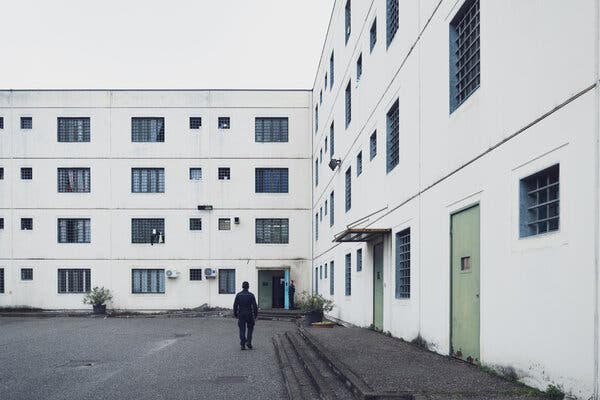“Fashion is an education in beauty,” said Caterina Micolano, standing in the unbeautiful gray confines of the Bollate prison on the outskirts of Milan. The president of the Cooperativa Alice, Ms. Micolano oversees the organization’s sewing workshops that train prison inmates and former prisoners in Italian sartorial craft.
“The ‘Made in Italy’ method teaches you that to achieve beauty, you have to master a system of specific techniques,” she said, “to follow certain rules.” For the trainees, those rules can be a pathway to a degree of emancipation, even while they are still incarcerated, and to a career in a fashion industry desperately short of skilled artisans.
Italy, which created its role as the world’s leading luxury fashion manufacturer thanks to its craftspeople, is largely lacking a new generation trained in artisanal fabrication skills. Last year, the Confartigianato association of trade businesses estimated that the country already needed 55 percent more crafts practitioners than it had.

To illustrate Cooperativa Alice’s contribution to a solution, Ms. Micolano entered the sewing workshop in the women’s unit at Bollate, a large room with high windows crosshatched by iron bars. A pair of inmates employed by the program were sitting at a large worktable piled high with the cushion covers they had stitched from pieces of Moroccan rugs.
“We need this rigor,” said Antonietta, one of the inmates, showing off a ruffled tote bag of her own creation, as Elisabeth, the other, pulled out leather-trimmed toiletry kits that she had sewn. (Workshops in Europe often identify workers only by first names.)
We are having trouble retrieving the article content.
Please enable JavaScript in your browser settings.
Thank you for your patience while we verify access. If you are in Reader mode please exit and log into your Times account, or subscribe for all of The Times.
Thank you for your patience while we verify access.
Already a subscriber? Log in.
Want all of The Times? Subscribe.
